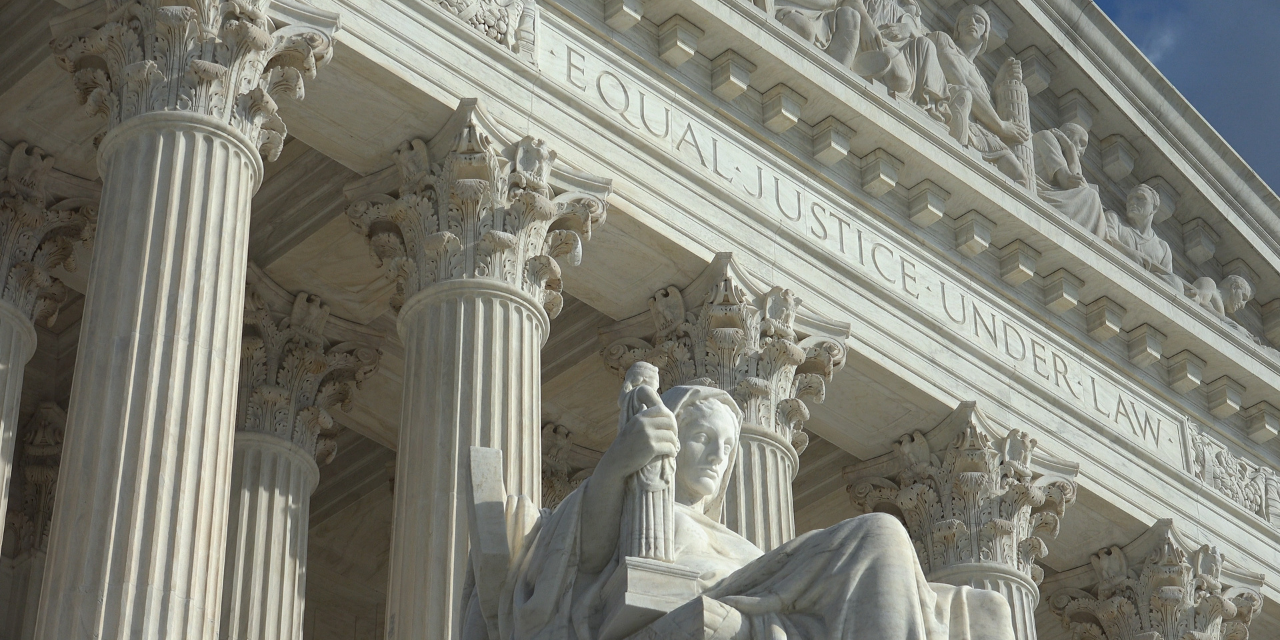Abortion sellers are cancelling appointments in Texas due to a new state law banning all abortions after the heartbeat of a pre-born baby can be detected. The law was given a boost early Thursday morning when the U.S. Supreme Court, in a 5-4 ruling, refused to intervene to block the law.
“The applicants now before us have raised serious questions regarding the constitutionality of the Texas law at issue. But their application also presents complex and novel antecedent procedural questions on which they have not carried their burden,” the unsigned majority opinion read. “The application for injunctive relief or, in the alternative, to vacate stays of the district court proceedings … is denied.”
Four dissents were filed by Chief Justice John Roberts, Justice Stephen Breyer, Justice Sonia Sotomayor, and Justice Elena Kagan. The most agitated dissent came from Justice Sotomayor.
“The Court’s order is stunning,” Sotomayor wrote. “Presented with an application to enjoin a flagrantly unconstitutional law engineered to prohibit women from exercising their constitutional rights and evade judicial scrutiny, a majority of Justices have opted to bury their heads in the sand.”
The dissents weren’t very good at articulating why the abortion sellers ought to be granted the relief they requested.
Noted legal expert Ed Whelan commented at National Review’s “Bench Memos,” “Last night the Court denied abortion providers’ beyond–audacious request for emergency relief against the Texas heartbeat Act by a 5-4 vote. The feebleness of the four dissents shows that the denial should have been 9-0.”
Although the ruling is important, it will not be the last word in this case. That’s because the ruling doesn’t result from a typical appeal where lower courts have heard evidence and examined the constitutional issues involved. Emergency requests such as this one come before the justices on what is referred to as the high court’s “shadow docket.” They are simply requests to freeze the status quo –temporarily. But parties requesting emergency relief bear a high burden of proving that such relief should be granted. The majority of the justices in the Texas case felt the abortion industry plaintiffs did not meet their burden.
What happens next? The case challenging the Texas law will be scrutinized in the lower courts, but the law will continue to be in effect during the interim.
And that means that babies’ lives will be saved on a daily basis unless and until a future court rules otherwise.
Many are wondering whether the high court’s ruling impacts the larger question of the future of Roe v. Wade. The short answer is “no.”
The justices will, however, hear arguments this fall in a case involving Mississippi’s 15-week abortion ban that does tee up the possibility of Roe being overturned.
Many state legislatures are already finished with their yearly law-making sessions, but it will be interesting to see whether any states follow Texas’ lead and pass similar bills in the near future.
We will continue to keep you apprised of developments in this case as it proceeds in the lower courts.
The case is Whole Woman’s Health v. Jackson.
Related:
Texas Governor Signs ‘Heartbeat Bill’ into Law Protecting Preborn Babies
Pro-Abortion Activists are Still in a Tailspin Over Texas’ New Heartbeat Bill
Pro-Life Supporters Hail First Day of ‘Historic’ Texas Heartbeat Law
Photo from Shutterstock.






